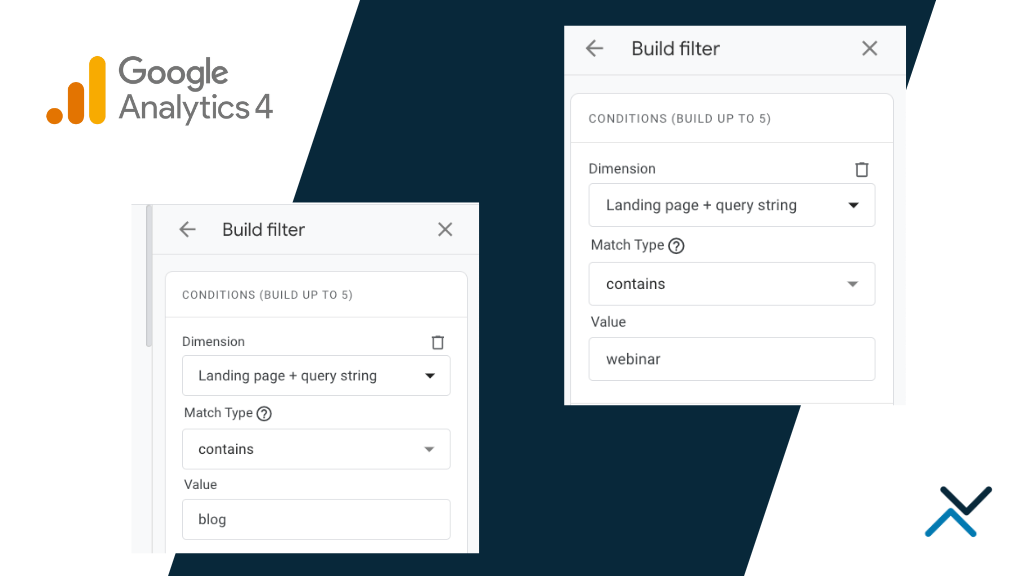In the vast realm of online advertising, the art of finely tuning campaigns to reach the ideal audience holds paramount importance. While the significance of incorporating pertinent keywords is widely acknowledged, one often tends to overlook the hidden gem of negative keywords, which can serve as a powerful catalyst for maximizing campaign efficiency.
Negative keywords are the unsung heroes that shield your ads from being displayed when certain keywords are searched. However, it is essential to tread with caution, as the existence of conflicting negative keywords can inadvertently impede the success of your advertising endeavors. By meticulously navigating this intricate landscape, you can unlock the true potential of your campaigns and unleash a wave of success.
Understanding Negative Keywords
Negative keywords act as filters, allowing you to exclude irrelevant searches and display your ads to a more targeted audience. By defining negative keywords, you prevent your ads from appearing in search queries that are unlikely to convert into meaningful clicks or sales. For instance, if you are selling high-end smartphones, you might use “cheap” as a negative keyword to avoid displaying ads to users seeking inexpensive or budget-friendly devices.
The Impact Of Conflicting Negative Keywords
While negative keywords are essential for refining your ad targeting, the presence of conflicting negative keywords can inadvertently hinder campaign performance. Conflicting negative keywords occur when the exclusionary terms overlap with your intended target keywords, leading to missed opportunities and a wasted advertising budget. When conflicting negative keywords are present, your ads may not be displayed to users who are actually interested in your products or services, resulting in lower click-through rates (CTRs) and decreased conversions.
Implications For Ad Reach & Visibility
Conflicting negative keywords limit the visibility of your ads, preventing them from being displayed to potential customers who may be searching for your products or services using specific terms. As a result, your paid search campaigns may fail to reach a broader audience, reducing your chances of generating quality leads and conversions. By inadvertently excluding relevant search queries, conflicting negative keywords undermine your advertising efforts and hinder the growth of your business.
Negative Impact On Click-Through Rates (CTRs)
Conflicting negative keywords can damage your ad’s click-through rates, decreasing the likelihood of reaching genuinely interested users. This, in turn, reduces the chances of users clicking on your ads. As a result, your quality score, a crucial metric search engines use to evaluate relevance and ad placement, is negatively impacted. Low click-through rates can result in higher costs per click as search engines perceive your ads as less relevant and assign them lower ad ranks.
Reduced Conversions & Return On Investment (ROI)
One of the ultimate goals of any advertising campaign is to generate conversions and a positive return on investment. Conflicting negative keywords can impede this objective by preventing your ads from reaching users who are ready to take action. As a consequence, conversions may decrease, limiting your ability to drive revenue and attain a satisfactory ROI. By eliminating conflicting negative keywords, you increase the chances of presenting your ads to interested users, enhance the likelihood of generating conversions and maximize your advertising budget.
Optimizing Your Advertising Campaigns
To optimize your advertising campaigns, it is essential to regularly review and refine your negative keyword lists. Here are a few steps you can take to ensure the removal of conflicting negative keywords:
Comprehensive Keyword Research
Conduct thorough keyword research to identify negative keywords that genuinely exclude irrelevant searches while avoiding terms that overlap with your target keywords.
Analyze the Search Terms Report
Regularly review your search terms report to identify any conflicting negative keywords that may be inadvertently excluding potential customers. Adjust your negative keyword list accordingly.
Experiment with Match Types
Experiment with different match types for your negative keywords, such as phrase match and exact match. This allows for greater control over which search queries trigger the exclusion of your ads.
Monitor Campaign Performance
Continuously monitor the performance of your ad campaigns, keeping an eye on CTRs, conversion rates and overall return on ad spend (ROAS). Identify areas where the presence of conflicting negative keywords may be hindering performance and take the necessary actions to rectify the situation.
Maximize Your Return On Investment
In the ever-competitive world of online advertising, optimizing your campaigns is crucial to staying ahead of the curve. If you’ve overdone it with negative keywords, you could be unintentionally hindering the performance of your campaigns. By eliminating conflicting negative keywords, you enhance ad reach, increase click-through rates, boost conversions and ultimately improve your return on investment. Regularly reviewing and refining your negative keyword lists will help ensure your ads are displayed to the right audience, driving meaningful results and contributing to the growth of your business.
If you need more help understanding negative keywords and paid search, don’t hesitate to contact us for a consultation.









